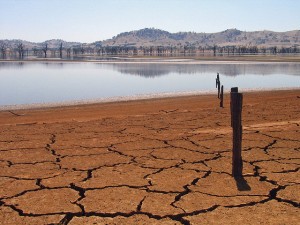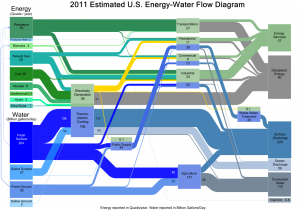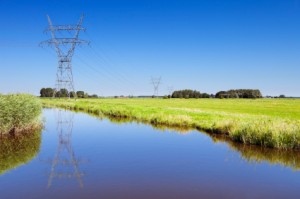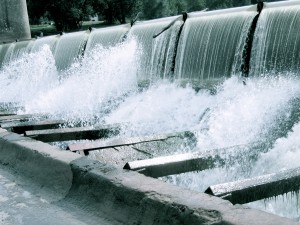5 item(s) were returned.
Dr. Ken Carlson
Colorado State University
Water and energy networks are inextricably linked. Energy production and electricity generation both require water. Conversely, treatment and distribution of water to consumers and wastewater collection and treatment depend on energy. There are multiple other connections between these two fundamental resources and therefore new paradigms are needed for increased usage efficiencies to minimize energy-water conflicts, especially when considering that climate change will significantly impact both. Water has traditionally been abundant in the US, even in drier parts of the country where large, federally funded infrastructure projects have literally made the desert bloom. Energy was also largely readily available so there… [more]
View InsightDirector of Energy Systems Analysis and Integration
Department of Energy
This prompt is the second in a series of discussions led by invited speakers at the upcoming 15th National Conference and Global Forum on Science, Policy and the Environment: Energy and Climate Change to be held January 27-29, 2015 in Washington, DC. Energy and water systems have historically been designed and managed independently. However, the systems are, in fact, interdependent. In its simplest form, the energy-water nexus can be broken into two parts: “energy for water” —the energy required to treat, transport, or heat water—and “water for energy” —the water required for cooling thermoelectric power plants, oil and gas production,… [more]
View InsightPartner
KL Gates
Energy and water are linked in many ways. Most energy production requires huge amounts of fresh water, while the consumption of water for domestic and agricultural demands uses large amounts of energy. Future water availability, whether from long distance transport or desalination, will require even greater amounts of energy. Water scarcity, especially in the U.S. west of the Mississippi River, as well as in the Southeast, has become a growing source of concern and tension. Consequently, water availability is becoming an important consideration for energy projects in certain regions. The potential for the demand for water to outstrip available supply… [more]
View InsightAs drought continues to affect much of the U.S., many observers are thinking critically about the water-energy nexus. A New York Times article points out the myriad ways in which water shortages can threaten energy, from low river levels reducing hydropower output, to cities banning the use of municipal water for hydraulic fracturing. Although we have yet to see water access limit our ability to produce energy, it could lead to higher energy prices, particularly for natural gas, which will increasingly require water recycling and freshwater transport from non-local sources. Biofuels will also increase in price, if crops fail and… [more]
View Insight[Note: The statements below are intended solely to stimulate discussion among the Expert community, and do not represent the position of OurEnergyPolicy.org. Text in italics indicates clarification or expansion.] A significant amount of U.S. electricity is consumed by our water supply. For example: 7-8% of California’s energy use is for large water systems. If California’s consumer end usage is included, it reaches 19% of electricity load and 39% of natural gas! National data on energy consumption for water supply is not readily available! Our water supply systems are very inefficient. Significant percentage of the water is leaking from the… [more]
View Insight


